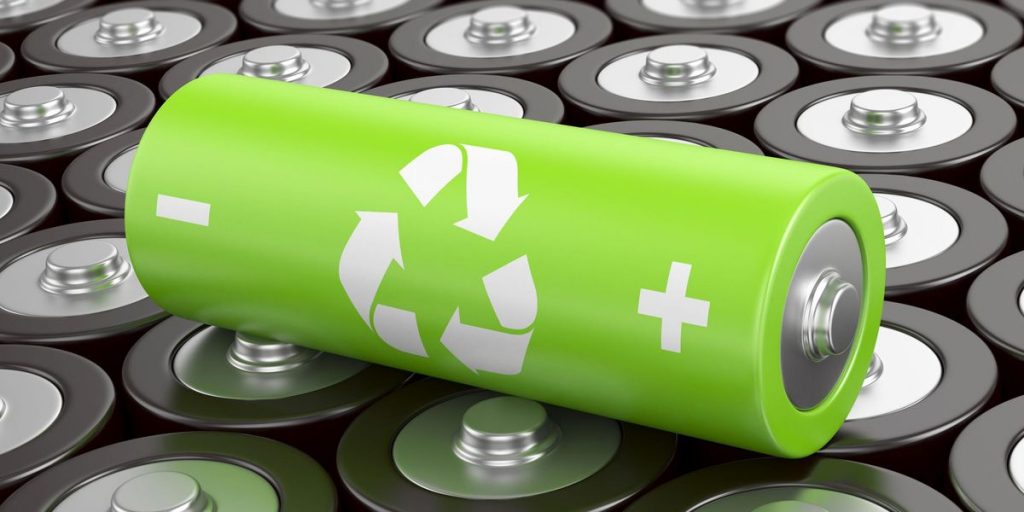Recycling is the way to go if the environment is to be protected. This is one thing that is known for sure. Unfortunately, lithium-Ion batteries are made of metals that are mined at risk to the environment, and the process is a stigma on the green image of EVs. However, if these precious metals are recycled, then the social and environmental impact of mining would be minimized and keep millions of tons of batteries from landfills and cut the energy use and emissions created from making batteries.
The one main issue is to sell car makers these recycled batteries. “In general, people’s impression is that recycled material is not as good as virgin material,” says Yan Wang, a professor of mechanical engineering at Worcester Polytechnic Institute. “Battery companies still hesitate to use recycled material in their batteries.”
In the pursuit of regularizing batteries made out of recycled materials Wang and a team, including researchers from the US Advanced Battery Consortium (USABC) and battery company A123 Systems, conducted a study that showed that battery and carmakers needn’t worry. As a result of the study, it was concluded in the journal Joule that batteries with recycled cathodes could be as good as or even better than those using new state-of-the-art materials.
When testing these batteries, it was seen that the recycled material had a more porous microscopic structure that allows the lithium ions to slip in and out with more ease in comparison to the batteries made with commercial cathodes. The positive was the fact these batteries lasted 53% longer!!
Wang and his team stated that batteries with recycled cathode materials are a viable alternative to pristine materials. These were not tested in cars but at similar industrial scales. Most of the testing and analysis were carried out by the Engineers at A123 Systems.
The recycling process of EV batteries is no joke. It takes a lot of energy by either burning them or grinding and dissolving them in acids. However, the recycling giants which have been recycling batteries follow the same procedure and produce separate elements to sell to battery material companies, which will, in turn, make the high-grade materials for car and battery makers.
Demands of materials vary with the requirements of the companies. Selling recycled materials can earn profit for the sellers, but it is a tough ask. “We are the only company that gives an output that is a cathode material,” he says. “Other companies make elements. So, their value-added is less.”
Outfits like the ReCell Center, a battery-recycling research collaboration backed by the U.S. Department of Energy, are also developing direct recycling technology. But it is improbable that they would venture into producing high volumes of recycled cathode material any time soon. Battery Resourcers, however, are a notch ahead; they are already selling their recycled materials to battery manufacturers, though they are doing so at a small scale at the moment.
The company intends to open its first commercial plant, which will recycle a massive 10,000 tons of batteries, in 2022. In September, they garnered funding of $70 million, with which they would be set to open up two more plants in Europe by the end of 2022.

